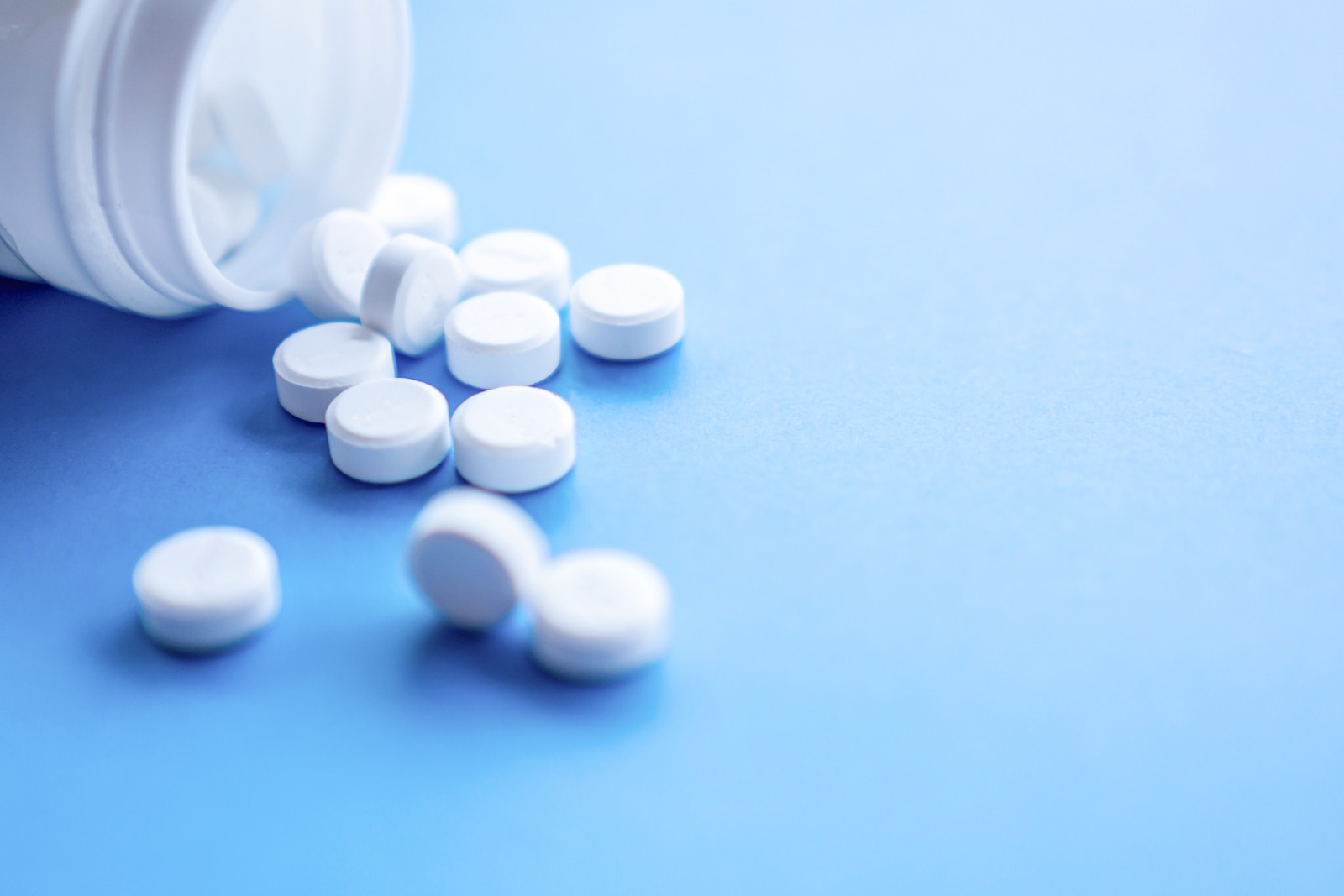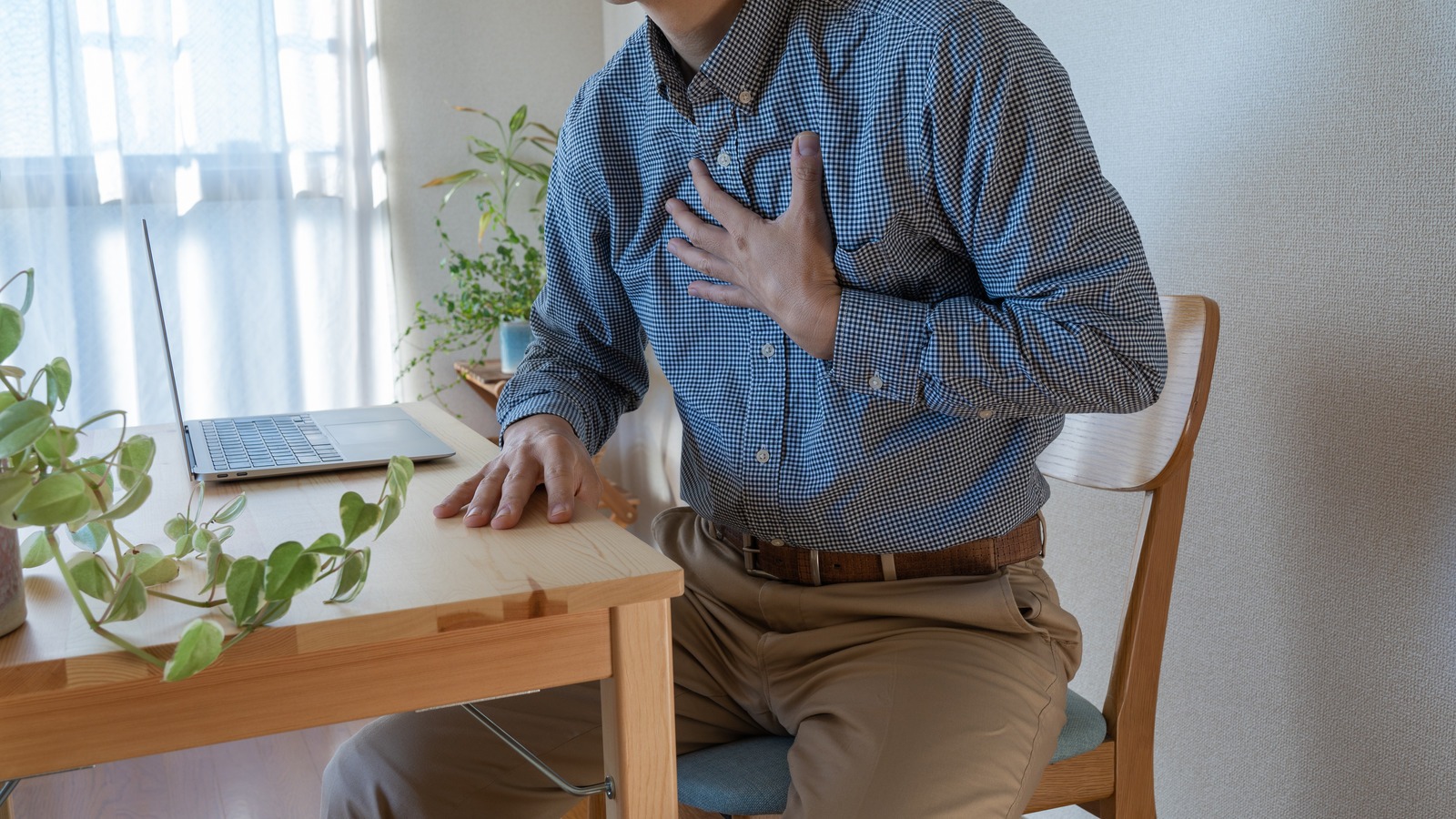Prescription Drugs | 4 min read
Can You Overdose on Trazodone? Understanding the Risks and Medication Safety
Medically Reviewed By

On July 22, 2024
Written By
On July 22, 2024

What you will learn
- Trazodone is an antidepressant medication that’s prescribed for depression, but it has several off-label uses.
- Though generally safe, trazodone can have serious risks and side effects, including possible overdose.
- The risk of serious side effects or overdose is increased when trazodone is taken in higher doses than intended, more often than intended, or combined with other drugs.
Trazodone is an antidepressant that’s commonly prescribed to treat depression. It is also used off-label for anxiety and insomnia. Though generally safe when used as prescribed, trazodone can have risks and side effects, including the possibility of overdose.
Learn more about trazodone overdose risks and symptoms, prevention strategies, and medication safety.
What Is Trazodone?
Trazodone, or brand name Desyrel, is an antidepressant that’s prescribed to treat anxiety and depression. It has many off-label uses, including treating diabetic nerve pain, insomnia, panic and anxiety disorders, eating disorders, and fibromyalgia.
Trazodone belongs to the serotonin-antagonist-and-reuptake-inhibitor (SARI) class of medications.[1] It works by increasing the activity of serotonin in the brain, helping to relieve the symptoms of depression and other conditions.
Though mild, the common side effects of trazodone can include fatigue, drowsiness, dizziness, diarrhea, blurred vision, swelling, stuffy nose, and weight loss.[2] More serious side effects include a racing heart, breathing problems, feverish feeling, stomach cramps, fainting, nausea or vomiting, or signs of an allergic reaction like swelling of the face, lips, and mouth or skin rashes and itching.[3]
Can You Overdose on Trazodone?
Trazodone overdoses are rare, but they can happen. The risk of an overdose is increased when trazodone is taken in larger doses than prescribed or combined with other substances, such as depressants. The symptoms of a trazodone overdose may include:[4]
- Difficulty breathing
- Chest pain
- Irregular heartbeat
- Low blood pressure
- Dizziness
- Drowsiness
- Insomnia
- Headache
- Seizures
- Lack of coordination
- Tremor
- Priapism (a painful erection that lasts more than 4 hours)
- Stopped breathing
- Coma
An overdose of trazodone can also cause serotonin syndrome, a potentially life-threatening condition characterized by an accumulation of serotonin in the body. The symptoms of serotonin syndrome can include muscle rigidity, fever, seizures, and diarrhea.
Though very rare, there have been reports indicating that trazodone overdose can cause delayed cardiac conduction abnormalities that affect the electrical system that’s responsible for maintaining the heart rate and rhythm.[5] A severe drop in blood pressure can also occur as a complication of trazodone overdose.[6]
Trazodone overdoses rarely lead to death, but it’s possible. Overdose death from trazodone is more likely to occur if the drug is mixed with other depressant drugs, such as opioids. If you suspect someone is overdosing on trazodone, get medical help immediately.
How Much Trazodone Does It Take to Overdose?
For adult patients, the recommended dosage of trazodone is around 150 mg per day. The maximum dose doesn’t often exceed 400 mg for depression and insomnia.[7] Depending on the condition the medication is prescribed to treat, such as moderate depression or insomnia, a doctor may prescribe higher doses.
Because of the individual factors, it’s difficult to pinpoint the exact dosage required for an overdose. The person’s age, body mass, organ function, and other factors can affect how well trazodone is metabolized in the body. If you mix trazodone with other substances, particularly depressants like alcohol or benzodiazepines, it may be easier to overdose.
Prevention Strategy and Medication Safety with Trazodone
Trazodone is generally considered safe when used as prescribed, but it can have significant side effects. Most cases of trazodone overdose have occurred when trazodone is misused or combined with other substances, but that doesn’t mean it’s not a risk.
The best way to avoid trazodone complications or overdose is by taking it as prescribed. Speak to your doctor about prescription or over-the-counter medications or supplements to avoid potentially dangerous interactions.
Always keep trazodone out of reach of children and pets. Don’t crush or chew trazodone tablets. You can break trazodone in half along the tablet scoreline if you need to split your dosage. Some people experience fewer digestive side effects if they take trazodone with food.
Trazodone can cause dizziness and drowsiness, particularly when you first start taking it or when your dose increases. Avoid driving or engaging in other activities that require alertness or coordination until you know how trazodone affects you. If you feel excessively tired after taking trazodone, your doctor may need to adjust your dosage.
If you’re prescribed trazodone, take it exactly as prescribed. Don’t take trazodone at higher doses or more frequently than prescribed, and don’t share your trazodone with other people. Even if they’re struggling with similar conditions, there may be factors that make trazodone unsafe for them.
If you want to stop taking trazodone, speak to your doctor. Stopping or dramatically reducing your dosage can cause serious side effects like anxiety, agitation, and sleep problems. Your doctor can advise you on the safest way to stop taking trazodone.
Is Trazodone Addictive?
There’s no evidence that trazodone is addictive, but its use can cause physical dependence over the long term.[8] This occurs when your body gets used to the presence of the drug, leading to withdrawal symptoms if you stop taking it suddenly. Physical dependence can be one aspect of addiction to a substance, but it’s not indicative of addiction or abuse on its own.
Unlike other drugs, including sleep aids or anti-anxiety medications, trazodone doesn’t cause a high, so there’s less incentive to abuse it. However, it does have a sedative effect that can cause misuse.
Treatment for Trazodone Misuse and Abuse
Trazodone may not be addictive, but it is abused and misused like other prescription drugs. Often, trazodone is abused or misused alongside other drugs, such as depressants, that increase the risk of overdose and other adverse effects. These drugs are often drugs of abuse.
Suppose you or a loved one is struggling with trazodone abuse or misuse, particularly with polydrug use. In that case, it’s important to seek addiction treatment to avoid potentially serious complications or side effects. A detox may be necessary to stop taking the drug safely and minimize side effects, followed by treatment in an inpatient or outpatient facility to address the underlying cause of addiction.
Use Caution with Trazodone
Trazodone is commonly prescribed to treat depression and other conditions. While it’s generally safe and well tolerated, trazodone does have the risk of potentially serious side effects – including overdose. The best way to minimize the risk of trazodone is to take the drug exactly as prescribed and consult with your doctor about any side effects or drug interactions.
Frequently Asked Questions About Trazodone Overdose and Safety
Dosage can vary based on many factors, but the dose is usually not more than 400 mg daily for adults. However, the threshold for overdose can depend on the individual, so you should never increase your dosage without speaking to your doctor.
Trazodone can interact with many other drugs, including lithium, buspirone, fentanyl, and some pain or migraine medications, as well as supplements like tryptophan and St. John’s wort.[9] Discuss any other drugs or supplements you’re taking with your doctor.
Trazodone is intended for the treatment of depression, but its off-label use as a sleep aid has grown. Because of its chemical composition, trazodone has mild sedative effects that can be helpful for sleep disturbances like insomnia.
Trazodone can cause serotonin syndrome, both on its own and when combined with other drugs that affect serotonin levels. Serotonin syndrome is a potentially life-threatening condition that requires immediate medical help. The symptoms may include a fast heartbeat, high blood pressure, agitation, decreased coordination, hallucinations, and an increased body temperature.
No, trazodone is not an opioid. Opioids are a class of drugs that derive from or mimic the effects of substances found in the opium poppy plant, such as heroin and fentanyl.
While there’s no evidence that trazodone is addictive, it can cause physical dependence. If you stop taking it suddenly, you may experience withdrawal symptoms. It’s important to speak to your doctor about the best way to quit taking trazodone.
Ascendant New York Editorial Guidelines
Here at Ascendant New York, we understand the importance of having access to accurate medical information you can trust, especially when you or a loved one is suffering from addiction. Find out more on our policy.
[1] Shin, J. J. (2024, February 29). Trazodone. StatPearls [Internet]. Retrieved from https://www.ncbi.nlm.nih.gov/books/NBK470560/ on 2024, June 18.
[2,3] WebMD. (n.d.-b). Trazodone: Uses, side effects, interactions, pictures, warnings & dosing. WebMD. Retrieved from https://www.webmd.com/drugs/2/drug-11188/trazodone-oral/details on 2024, June 18.
[4] Trazodone hydrochloride overdose. Mount Sinai Health System. (n.d.-c). Retrieved from https://www.mountsinai.org/health-library/poison/trazodone-hydrochloride-overdose on 2024, June 18.
[5] WS;, S. J. (n.d.). Qt prolongation and delayed atrioventricular conduction caused by acute ingestion of Trazodone. Clinical toxicology (Philadelphia, Pa.). Retrieved from https://pubmed.ncbi.nlm.nih.gov/18167038/ on 2024, June 18.
[6] Mohan, G., Ajitkumar, A., Bhide, P., Ravilla, J., & Kramer, V. (2023, March 29). Trazodone overdose manifesting as hypotension and qt prolongation. Cureus. Retrieved from https://www.ncbi.nlm.nih.gov/pmc/articles/PMC10147490/ on 2024, June 18.
[7] PharmD, S. M. (2023, May 15). How much trazodone can I safely take for sleep? GoodRx. https://www.goodrx.com/trazodone/trazodone-for-sleep on 2024, June 18.
[8] NHS. (n.d.-a). NHS choices. Retrieved from https://www.nhs.uk/medicines/trazodone/common-questions-about-trazodone/ on 2024, June 18.
[9] Trazodone: Uses, side effects, interactions, pictures, warnings & dosing – WebMD. (n.d.). https://www.webmd.com/drugs/2/drug-11188/trazodone-oral/details on 2024, June 18.




